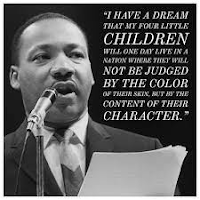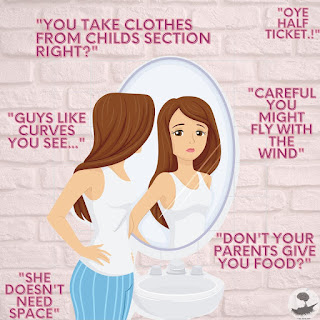Martin Luther’s role in human
rights
Despite decades of civil rights activism, racism remains integral to the criminal justice system in the United States. The problem of race and justice is also about human rights, and international treaties, declarations and laws that espouse the rights to which we are all entitled, to adequate food, clothing and housing, education, and the highest attainable standard of health.
Dr. King well understood the important link between civil
rights, human rights, and combatting racial injustice, addressing justice and
racial disparities.
Martin Luther posted the 95 Theses on the church door in Wittenberg on October 31, which served as the starting point of a century of religious fervour and ferment. King wrote, spoke and organized nonviolent protests and mass demonstrations to draw attention to racial discrimination and to demand civil rights legislation to protect the rights of African-Americans. In 1963 in Birmingham, Alabama, King guided peaceful mass demonstrations, creating a controversy that generated newspaper headlines, culminating in a march that attracted more than 250,000 protestors to Washington, DC, where King delivered his famous “I have a dream” speech, envisioning a world where people were no longer divided by race. This resulted in the Civil Rights Act in 1964, for which he was honoured the Nobel Prize.
King is an icon of the civil rights movement. He symbolizes the quest for equality and non-discrimination that lies at the heart of every human, and it’s definitely something we should all learn to follow.
[by kaushiki ,editorial team]




👏
ReplyDelete